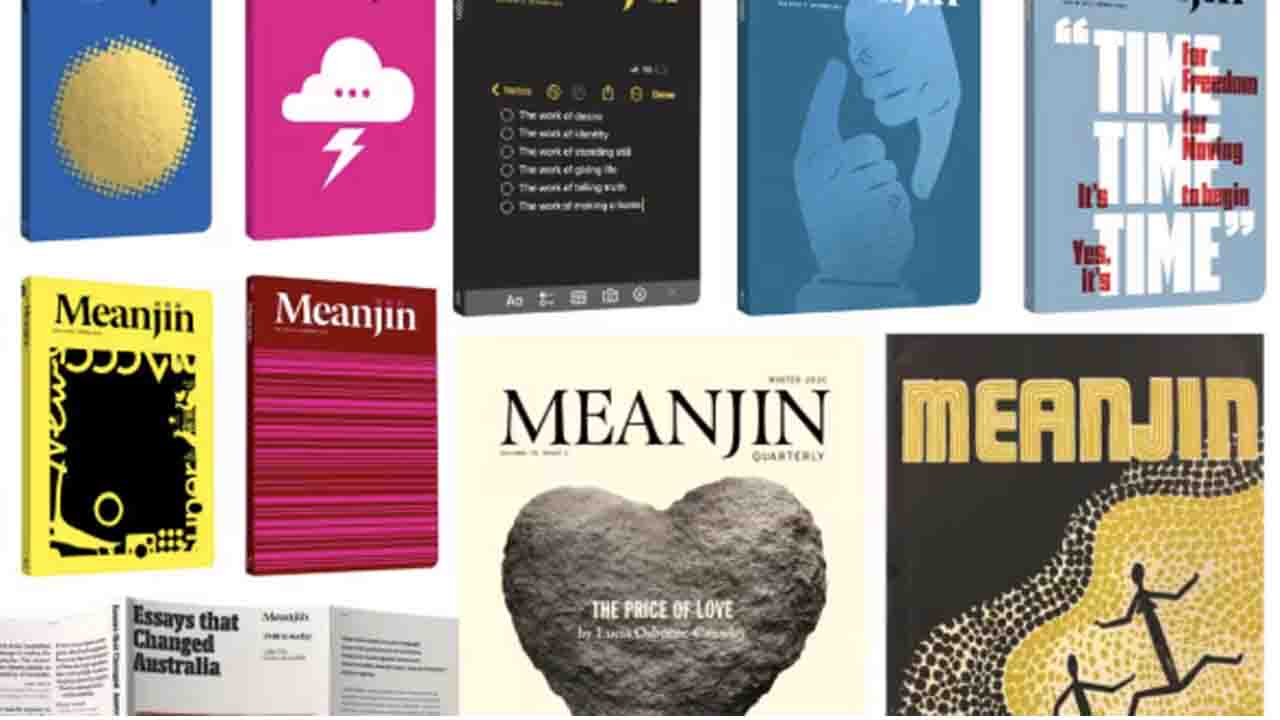
End of an Era: Meanjin Magazine Closes, Sparking Outcry Australia
Pitchwars – End of an Era has arrived in Australian literature with the announcement that Meanjin, one of the country’s most prestigious literary magazines, will permanently cease publication in December 2025. Established 85 years ago, Meanjin has been a cornerstone of Australia’s literary culture, providing a platform for writers, poets, and essayists to share their voices and ideas. The decision, made by Melbourne University Publishing (MUP), cited financial challenges despite the magazine recently receiving a $100,000 grant from Creative Australia.
A Historic Loss for Australian Literature
The closure of Meanjin represents more than just the end of a publication; it signals a profound cultural loss. End of an Era sentiments are echoed across the literary community, with critics and writers describing the move as “cultural vandalism.” For generations, Meanjin has nurtured emerging talent, promoted critical discourse, and fostered intellectual engagement in Australia. Losing such a venerable institution raises concerns about diminishing spaces for literary experimentation and debate. Threatening the diversity and richness of Australian literature.
“Eliano Reijnders: From Dutch Leagues to Making History”
Financial Struggles Amidst Cultural Significance
While Meanjin’s contributions to literature are indisputable, its financial sustainability has long been precarious. MUP cited funding challenges as the primary reason for closure, despite recent support from Creative Australia. The End of an Era highlights the tension between cultural value and economic viability. A struggle familiar to many literary organizations worldwide. Critics argue that financial constraints should not overshadow the importance of preserving platforms that cultivate artistic expression. Particularly in a country where literary voices continue to shape social and political thought.

Community Outcry and the Future of Literary Spaces
The announcement has sparked widespread reaction from authors, academics, and readers alike. Social media campaigns, open letters, and public statements reflect a shared anxiety over the shrinking space for fiction, poetry, and essays in Australia. Many see Meanjin as irreplaceable, a hub for dialogue that bridges generations of writers and readers. As the literary world grapples with this End of an Era, conversations about sustainable funding models. Alternative platforms, and the protection of cultural institutions are gaining momentum. The closure of Meanjin serves as both a cautionary tale and a rallying cry for the preservation of literary culture in Australia.